On a fine January morning, Muhammad Sajjad was all smiles after seeing thriving saplings of the Chinese sweet chili at a nursery in a remote farming land of Pakistan's eastern city of Multan.
"These saplings are very close to my heart; in their blossom, I can see the future of Pakistan's agriculture industry, which will bloom just like my saplings when modern Chinese technology is applied to it," Sajjad spoke as the morning sun rose from the east behind him.
Launched in 2013, the China-Pakistan Economic Corridor (CPEC) is a corridor linking Pakistan's Gwadar Port with Kashgar in northwest China's Xinjiang Uygur Autonomous Region, which highlights energy, transport and industrial cooperation in the first phase, while in the new phase expands to the fields of agriculture, livelihood, etc.
Echoing the CPEC's cooperation in agriculture, China Machinery Engineering Corporation and Sichuan Litong Food Group have established a company and carried out a red chili contract farming project in 2021, and one of six model farms of the project is in Multan.
Sajjad's nursery is among thousands of acres of model farms where the company teamed up with locals for contract farming of Chinese chili varieties, with an aim to export the crops back to China after harvest and earn foreign exchange revenue for Pakistan.
Talking to Xinhua, Muhammad Adnan, executive manager of the company, said that local farmers' interest in cultivating Chinese chili is increasing due to its better yield and strong resistance to diseases.
"Local chili is highly vulnerable to diseases, and farmers are hesitant to grow it, but the Chinese varieties are robust, easy to pick, and are sold at a higher price directly to Chinese companies from the farms, without any involvement of middleman, making it highly popular among local farmers," he added.
Adnan said that in the near future, primary and deep processing units for value-added services of the crop will also be established in Pakistan, adding more value and jobs for locals.
The most crucial time for the crop is in January as the seedling process is underway in tunnels and the plants are easily rotten because of disease or low temperature.
However, local agriculture technicians at the project are handling the sowing process on the advice of Chinese experts.
In a conversation with Xinhua, Zhao Jianhua, a Chinese agronomist of the company with 27 years of experience in chili cultivation, said he has trained over 20 Pakistani agricultural technicians in the past years, who can help the farms independently.
"We are not only bringing cultivation technology to local farmers, but also working together with Pakistani agronomists to promote the development of the chili industry by combining technology with the advantages of both Chinese and Pakistani chili varieties," he added.
Muhammad Irfan Ahmad, assistant executive manager of the company, told Xinhua that many techniques like nurturing the plants inside the tunnel, modern ways of transplantation, and providing sufficient nutrients to the crops are some of the methods that local farmers did not adopt previously, as they relied on primitive methods of farming in the past.
"With the assistance of Chinese agronomists, we tell people how to plant chilies and how to take care of them in a scientific way," he added.
Ahmad said that the yield time of the chili is around June usually. Still, due to early monsoon patterns in Pakistan which started in June 2022, some of the plants got affected, so by applying new techniques, they will reap the chilies in May this year to avoid the monsoon season.
In a conversation with Xinhua, Muhammad Ejaz, a farmer who was preparing his land, located right next to the nursery, for transplantation in the coming days, said that their hopes are high regarding the project, and they believe it will bring socio-economic prosperity in the region.
"The best thing about this crop is that it takes only six months for yield, unlike local chili, which takes eight to 10 months, so by planting Chinese chili and following the experts' guidance, we can now timely harvest the chili and sow another crop following that to earn more money," Ejaz said while looking at the lush chili beds in the nursery.
Local experts and farmers believe that the project has a bright future as more and more farmers are getting interested in it, and it will gradually expand to other parts of the country due to increasing demand from farmers.








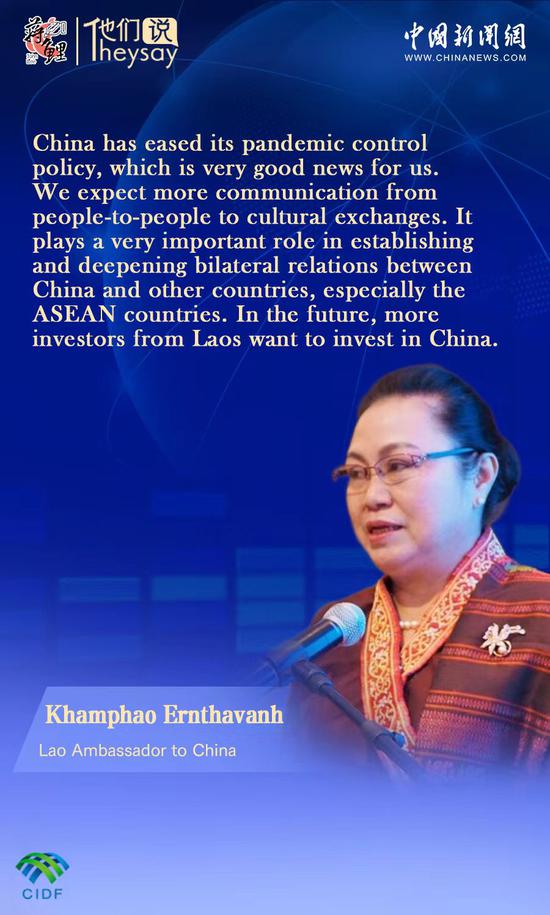


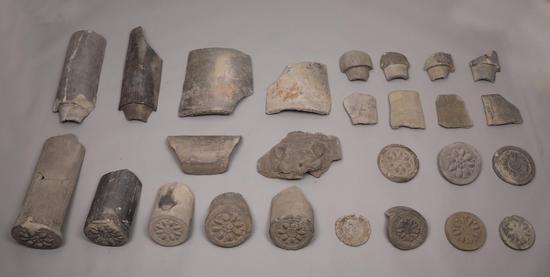
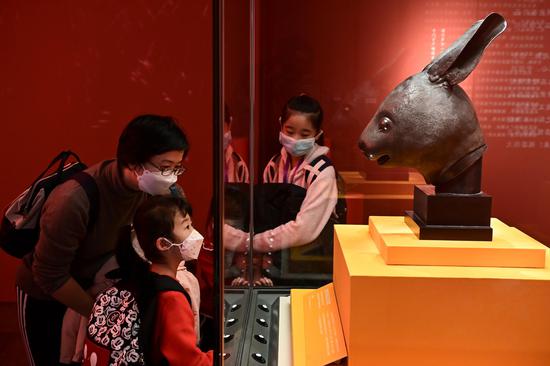









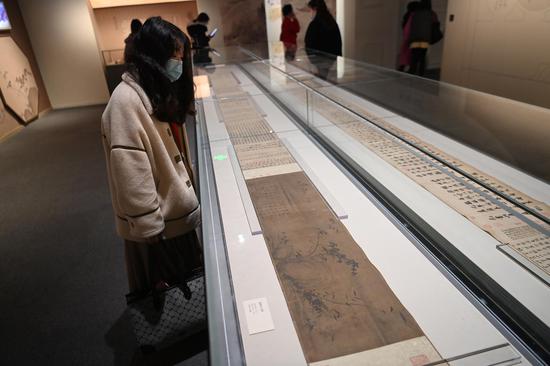











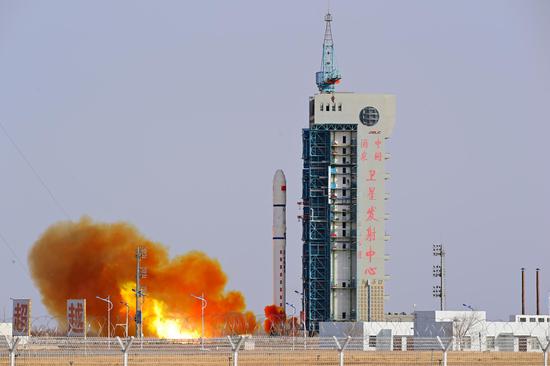

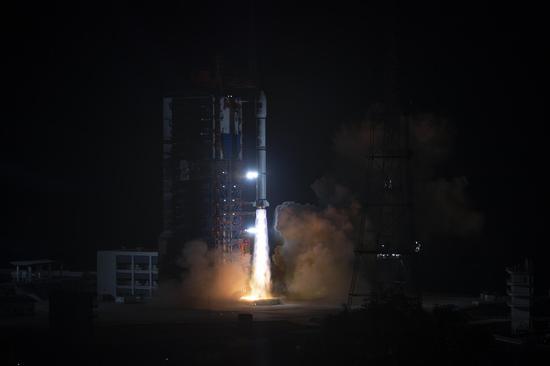



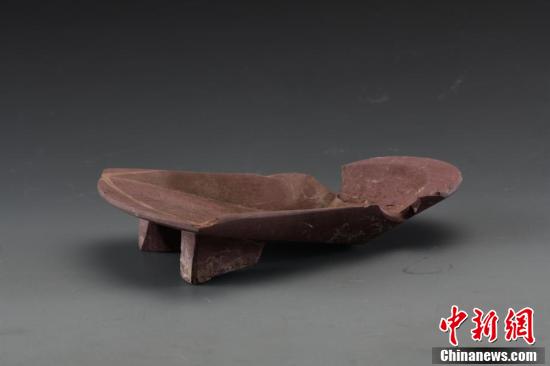



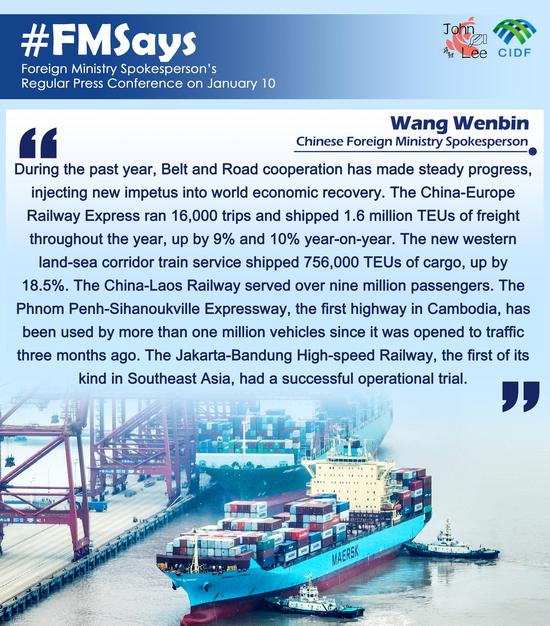

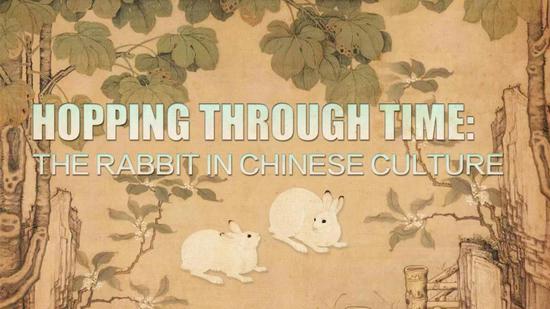



 京公網安備 11010202009201號
京公網安備 11010202009201號